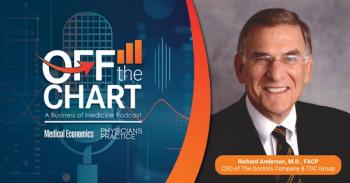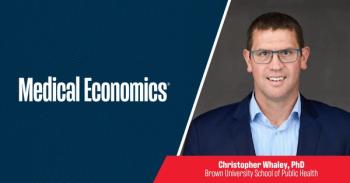
Scherger: Use of midlevels will increase
Medical Economics editorial board member Joseph E. Scherger, MD, shares his opinion about the Supreme Court's Affordable Care Act ruling.
Editor's Note: We asked our editorial board members to share their opinions of the Supreme Court ruling on the Affordable Care Act. Here's what Joseph E. Scherger, MD, MPH, said.
The full implementation of the Affordable Care Act (ACA) will have only a modest impact on my practice and any private practice that sees patients with health insurance. Under the act, a diversity of private insurance plans continue along with Medicare. For most people, nothing will change. Sure, health insurance exchanges may change some people's coverage, but I do not think it will be noticeable. We are already seeing a shift toward greater value and reducing waste. Unnecessary tests and treatments will be less and less covered by insurance.
The greatest change will be many more people having health insurance, especially Medicaid. All primary care providers will have greater demand on their services, and since we do not have enough primary care physicians (PCPs), more nurse practitioners (NPs) and physician assistants (PAs) will work in teams with physicians to extend primary care to more people. Community clinics and other practices that treat Medicaid patients will expand greatly. These practices will rely even more on NPs and PAs due to the shortage of PCPs.
Related Content
Newsletter
Stay informed and empowered with Medical Economics enewsletter, delivering expert insights, financial strategies, practice management tips and technology trends — tailored for today’s physicians.






